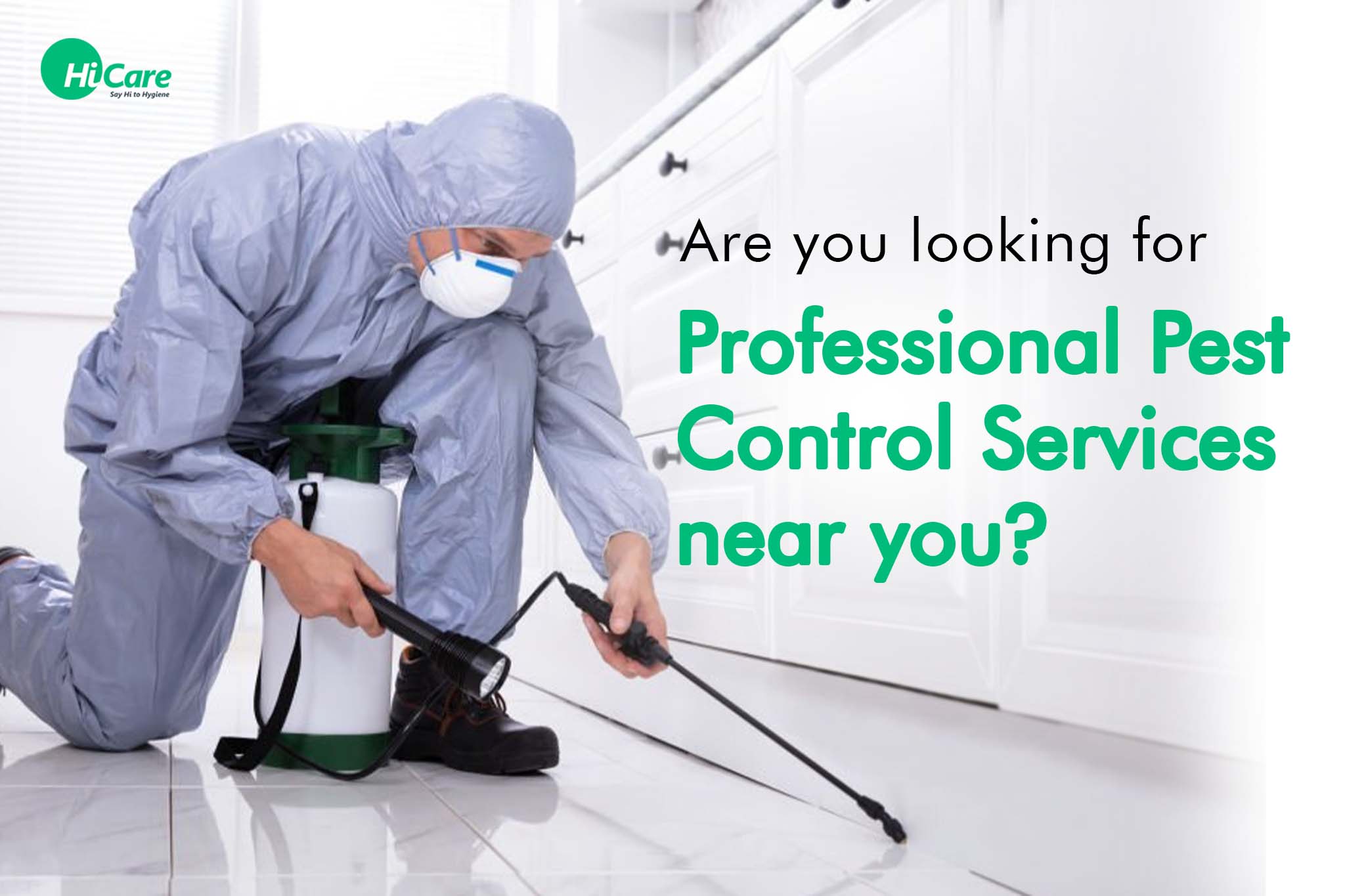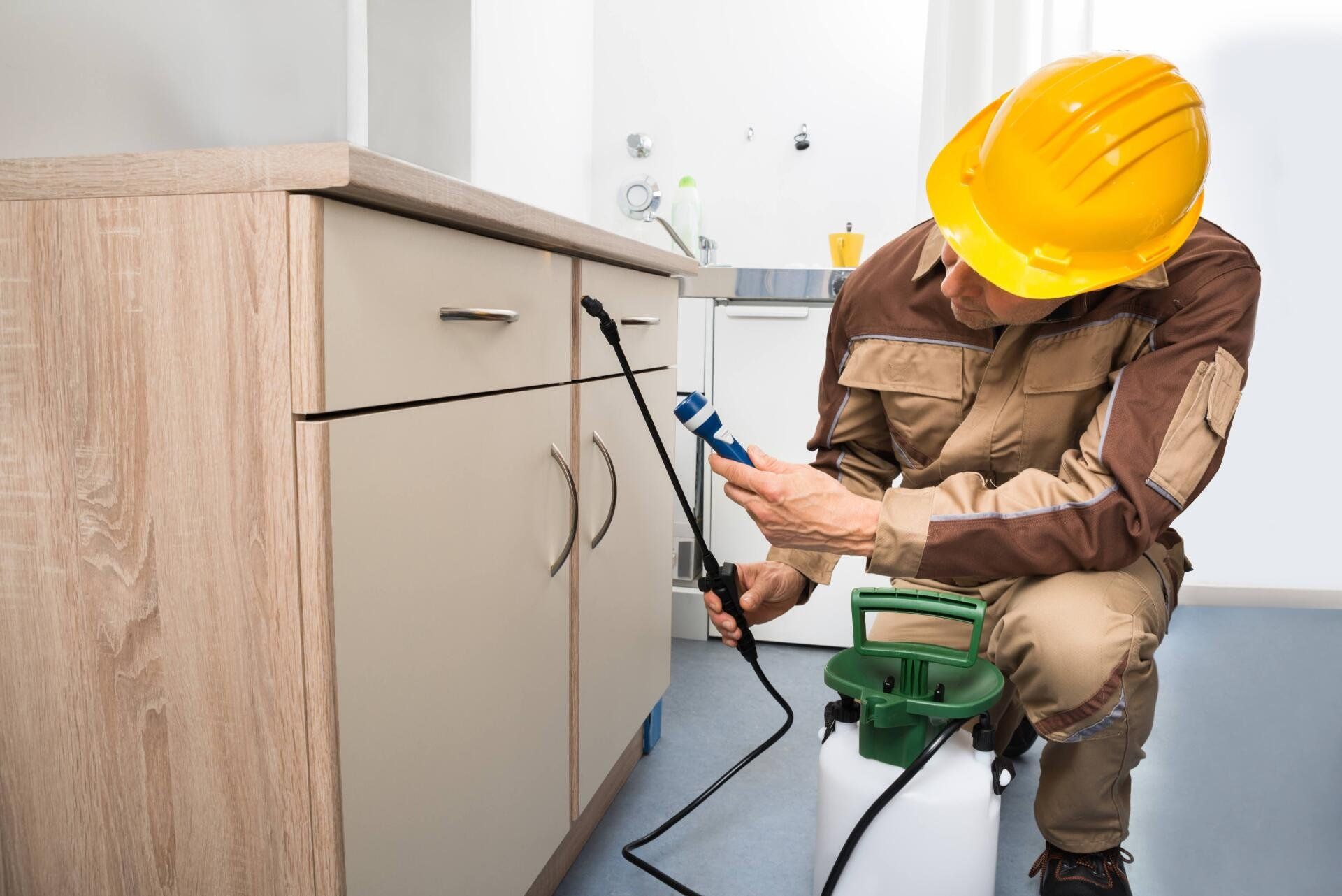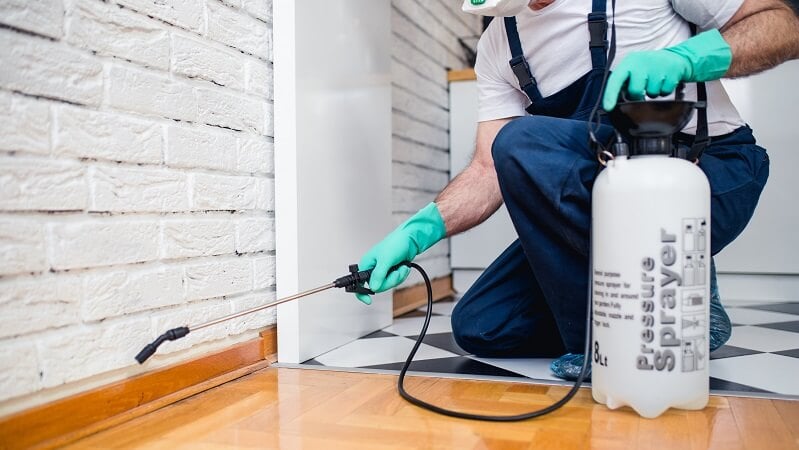Pest Control Clovis: Do Away With Vermin Once and for All
Wiki Article
Recognizing the Various Techniques to Insect Control: A Comprehensive Overview

Natural Bug Control Approaches
Employing environmentally friendly methods such as buddy planting and biological insect control is vital for efficiently handling insects in agricultural settings. Friend planting entails expanding different crops in proximity to hinder parasites, improve nutrient uptake, and enhance total plant wellness.Organic insect control involves presenting all-natural predators or virus to manage pest populaces. Ladybugs, for circumstances, feed upon aphids, regulating their numbers without the demand for chemical pesticides. One more example is making use of Bacillus thuringiensis (Bt), a germs that targets specific insect pests while being safe to people, animals, and helpful insects.
These eco-friendly approaches not only decrease the reliance on artificial pesticides but likewise assist preserve biodiversity and dirt health and wellness. By including natural pest control methods into agricultural techniques, farmers can achieve lasting parasite management while lessening adverse influences on the setting.

Chemical Insect Control Solutions
In enhancement to natural parasite control techniques, the utilization of chemical pest control solutions plays a considerable duty in successfully managing pest populaces in agricultural environments. Chemical bug control services are formulated to target specific bugs that might cause substantial damages to crops. These services usually consist of synthetic chemicals that are created to remove pests swiftly and efficiently.Among the vital advantages of chemical bug control remedies is their performance in controlling insect invasions widespread. Farmers can apply these options using various approaches such as spraying, fumigation, or seed therapy to protect their plants from dangerous insects, weeds, and conditions. Additionally, chemical insect control services are reasonably simple to use and can supply rapid outcomes, helping farmers secure their returns and reduce economic losses.
However, it is essential to utilize chemical bug control options deliberately to reduce potential unfavorable effects on the environment, non-target organisms, and human wellness. Proper application techniques, adherence to security guidelines, and normal monitoring are crucial to make sure the responsible use chemical bug control options in agricultural methods.
Organic Bug Control Approaches
Organic bug control comes close to take advantage of all-natural predators or pathogens to manage insect populaces in agricultural settings effectively. This approach provides a sustainable and environment-friendly option to pest administration, lowering the reliance on artificial chemicals and lessening injury to the atmosphere. One typical organic control method is the intro of natural enemies, such as ladybugs or parasitic wasps, to target specific insects. These predators feed on the parasites, assisting to control their populations normally - pest control clovis.An additional organic control method involves using pathogens like infections, fungis, or microorganisms to contaminate and eliminate pests. Check This Out Generally, organic insect control methods use a sustainable and targeted option to pest monitoring in farming.
Integrated Pest Administration (IPM)
Integrated Insect Administration (IPM) is an extensive strategy that combines different bug control approaches to effectively manage and reduce pest populaces in farming systems. IPM focuses on long-term prevention of bugs via a mix of organic, cultural, physical, and chemical control techniques. By incorporating these various techniques, IPM intends to minimize reliance on chemical pesticides, reduce ecological impact, and promote lasting parasite management practices.
One secret element of IPM is making use of biological controls such as natural predators, parasites, and microorganisms to discover this manage parasite populations. This method takes advantage of the power of nature to keep an equilibrium in between pests and their natural enemies without triggering damage to the atmosphere.
Furthermore, IPM entails social techniques like plant turning, environment, and hygiene control to create undesirable problems for bugs and interrupt their life process. Physical controls such as obstacles, catches, and mulches are likewise used to stop insect invasions.
Mechanical and Physical Insect Control Techniques
Utilizing non-chemical approaches, such as physical and mechanical bug control methods, is a crucial facet of detailed bug administration strategies, building upon the structure of Integrated Insect Management's all natural technique. Mechanical insect control involves the usage of physical barriers or traps to avoid bugs from accessing and damaging plants or structures. This method can consist of methods like mounting displays on windows, making use of row covers in agriculture, or using sticky traps to capture bugs.Physical pest control approaches, on the other hand, emphasis on directly eliminating bugs through physical methods. For circumstances, using warmth treatments to get rid of bed insects or vacuuming up parasites like ants or crawlers can be efficient means to handle problems without the use of chemicals. By incorporating these physical and pest control clovis mechanical pest control methods right into an Integrated Bug Monitoring plan, specialists and individuals can minimize dependence on pesticides while still successfully taking care of pest populations and lessening damages.
Verdict

In enhancement to natural bug control methods, the use of chemical parasite control options plays a substantial role in efficiently taking care of pest populaces in farming settings.One of the vital benefits of chemical insect control remedies is their efficiency in controlling bug infestations on a huge scale.Integrated Parasite Administration (IPM) is a comprehensive technique that combines numerous pest control approaches to efficiently take care of and reduce pest populaces in agricultural systems.Using non-chemical approaches, such as physical and mechanical parasite control methods, is a crucial element of comprehensive insect monitoring strategies, developing upon the structure of Integrated Insect Administration's all natural method. By integrating these mechanical and physical bug control strategies into an Integrated Insect Administration strategy, experts and people can reduce reliance on pesticides while still successfully taking care of pest populaces and minimizing damages.
Report this wiki page